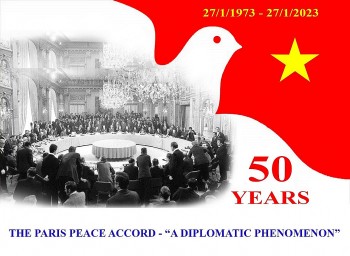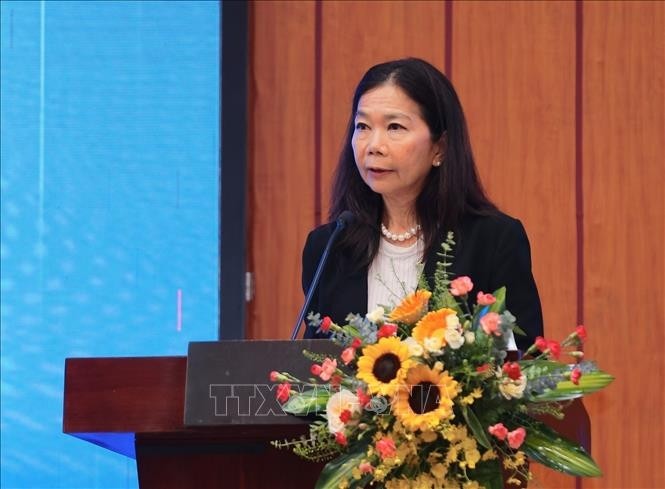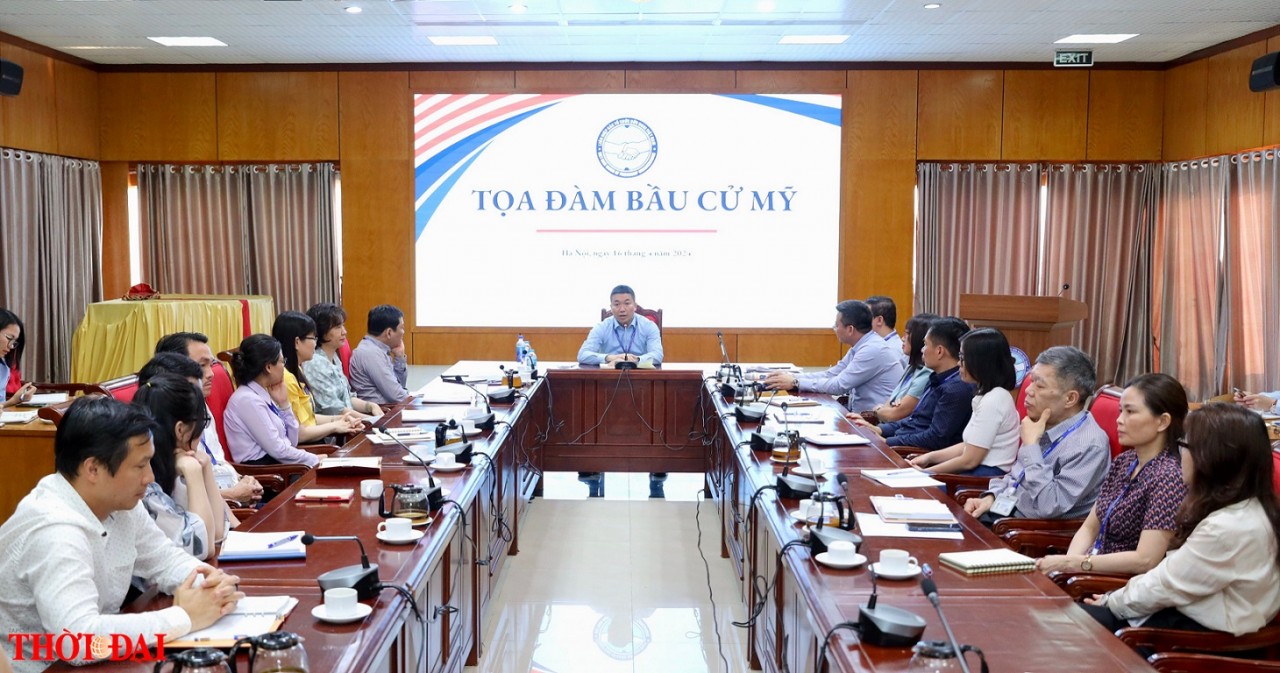Foreign partners to swallow Vietnam’s breweries
Vietnam’s beer production output would be roughly 4.1 billion liters by 2020. The number will rise to 4.6 billion liters by 2025 and 5.5 billion liters by 2035.
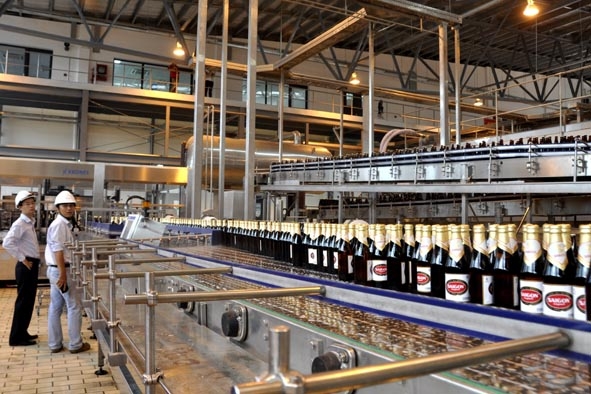
Photo for illustration
Foreign investors have tried to hold dominant stake in Vietnamese beer companies in a move to rapidly control the local market, which is now among the few ones in the world continuing to see good growth.
Saigon Beer – Alcohol Beverage Corporation (Sabeco) early this month announced that it received an official letter from the State Securities Commission approving unrestricted foreign ownership at the largest beverage company in Vietnam. Accordingly, the foreign ownership cap of 49 percent at Sabeco would be removed and the brewer could be 100% in the foreign hand.
The move is believed to pave the way for Thai Beverage Public Company Limited (ThaiBev) to entirely acquire Sabeco. ThaiBev, through its subsidiary Vietnam Beverage, currently holds a controlling stake of 53.59 percent of Sabeco after a US$5 billion acquisition deal at the end of 2017, which was the largest deal in Southeast Asia over the past three years.
The key positions held by Vietnamese executives at Sabeco were also replaced after ThaiBev took over the brewery. Two Thais, Koh Poh Tiong and Neo Gim Siong, are now holding the posts of chair of management board and CEO, respectively.
While the Thai investor is holding a controlling stake in Sabeco, Carlsberg is also stepping up the process to seek the same level of control at Habeco, which it acquired 17.34 percent of shares in 2008.
Carlsberg has, more than once, expressed its willingness to raise its ownership in Habeco to 51 percent, which would allow it to control the brewery. The Danish brewery company is working with the Ministry of Industry and Trade on the deal.
Cees't Hart, CEO of Carlsberg Group, at a recent meeting with Prime Minister Nguyen Xuan Phuc, reiteirated the group’s wish to make a bigger investment in Habeco after becoming a strategic shareholder in 2008.
Earlier, the Danish brewery company also took over the Hue brewery in 2011 besides holding 60 percent and 30 percent of two other Vietnamese breweries Halida and Ha Long respectively.
Potential, but stiff market
It is also understandable as foreign investors are casting covetous glances at the Vietnamese beer market.
According to the country’s beer industry development plan until 2020 released few years ago, Vietnam’s beer production output would be roughly 4.1 billion liters by 2020. The number will rise to 4.6 billion liters by 2025 and 5.5 billion liters by 2035.
However, statistics from the Ministry of Industry and Trade showed that more than four billion liters of beer were consumed in the country last year, nearly doubling that in 2015.
The ministry also reported that the country’s beverage industry has remained a good growth rate of more than 5 percent in recent years even as many other markets plateaued or declined.
Statistics from Euromonitor also showed that the global beer consumption volume remains unchanged since last year, while beer consumption in Vietnam soared. Notably, in 2008, Vietnam ranked eighth in Asia in terms of volume of beer consumed, however, the country now stands at the third position, only behind Japan and China.
According to experts, with the ambitious investment of foreign investors, the Vietnamese beer market will soon become a playing field for foreign players, with little room for Vietnamese.
The Vietnamese market will remain attractive for many years, thus luring more new actors. However, it therefore will also make the competition in the market fiercer, they said.
“The competition in Vietnam is harsh and even for major global brands founder if they fail to sell their image to consumers. Success depends on marketing and not just products and deep pockets,” Vo Van Quang, an economist who advises many brewers, said./.
VNF/Hanoitimes
Most read
Recommended
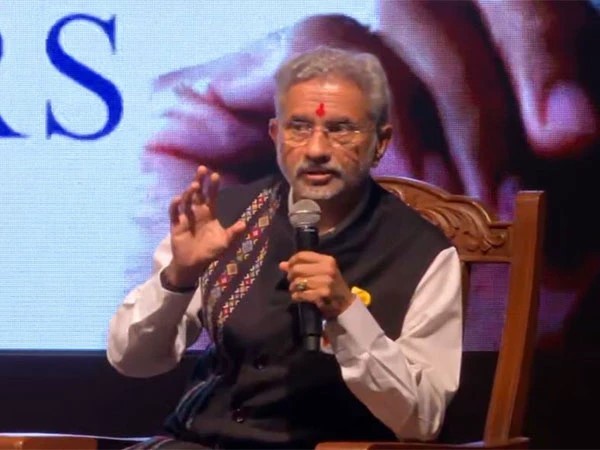 Economy
Economy
"The answer to terrorists cannot have any rules": EAM Jaishankar reaffirms muscular response to cross-border terrorism
 Economy
Economy


